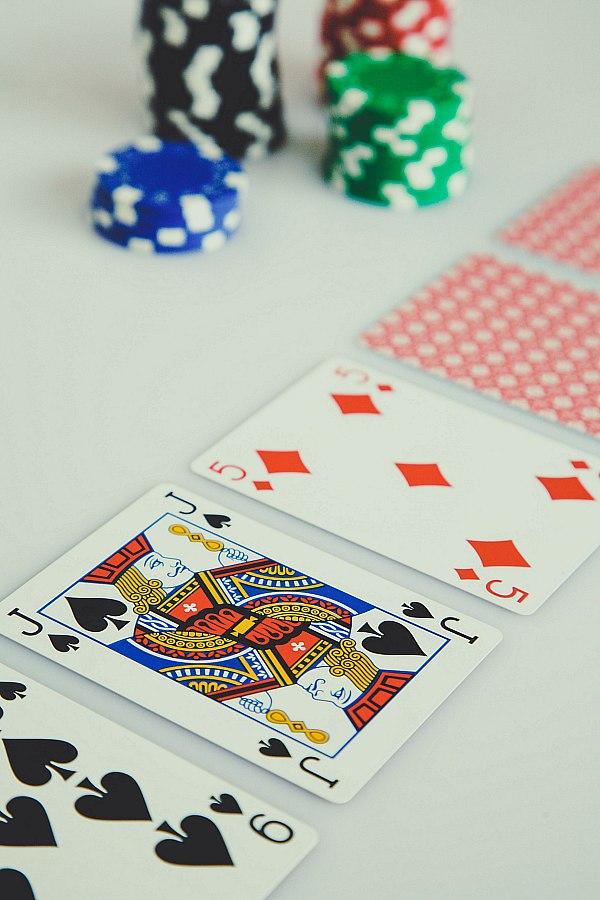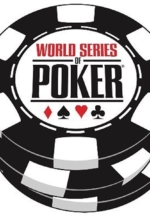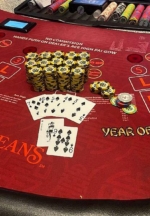
The popularity of poker has grown over time. In light of the glamour, glam, and occasionally dramatic nature of the poker world as depicted in films like Rounders, Ocean’s Eight, and Molly’s Game, more people than ever are trying their hand at mastering the game.
And it’s now simpler than ever to participate with so many online casinos offering poker alongside their physical equivalents. You can learn how to play poker from the comfort of your home through GG Bet casino card games or any other options available online.
Knowing when to fold is one of the most crucial aspects of learning how to play poker and something new players frequently need help with. This comprehensive guide will teach you when to try folding in poker.
Folding in Poker
When a player folds, they discard their hand and lose their chance to win the pot currently being played at the table. The player is not required to place wagers, but they are no longer eligible to win. How should I fold? Players can fold either orally by stating “I fold” or a variation of the phrase or physically by putting their hand into a pile of other discarded cards (known as the “muck”) or into the pot.
Reasons to Fold in Poker?
Knowing when to fold is crucial since it can help you preserve your bankroll in the long run. Even though mastering it in poker may not be the most fun skill, it is a crucial part of the game. There are various circumstances where folding would be the wise move:
- Considering the odds of winning the pot, your hand doesn’t have an excellent probability of becoming the most incredible hand.
- You have a bet in front of you and are reasonably sure that your hand is the worst.
- You can call a big bet or wait it out, but you can’t determine if you’re ahead or behind.
- If someone else raises the stakes, it will be too expensive for you to continue playing even though you have odds to call and aren’t ending the action.
There are other circumstances in which folding would be unwise:
- You are conscious of your superior hand at the table.
- You believe you have the worse hand, but you are getting good odds to call with your draw.
- Despite being behind, you are confident in your bluff.
- You can examine.
When to Fold
It would be best if you considered your odds and any action taken either in front of you or behind you in hand. Additionally, you should be aware of your comfort level when bluffing rather than folding. However, bluffing is more complex than it appears on television.
The Proper Method of Folding
Use the appropriate words and body language if you’re fresh to the poker table. If not, you risk being asked to leave the table. Knowing every rule conveys confidence, which is crucial if you’re going to bluff. When playing poker, you should hold off on folding until it is your chance. Even if you have the worst hand, you must exercise patience and wait for the players in front of you to call, raise, or fold. Playing online is unusual since you can frequently act while viewing your cards. When folding, it’s crucial to keep your cards hidden from the other players to avoid getting in trouble with the dealer.
What Exactly Is The Hero Fold?
It depends on the player and the circumstance and happens when someone makes a shockingly tricky fold. It typically occurs when a player has a dead read on another player at the table or believes they do. Their hand is typically quite strong and is displayed at the table, thus the “hero” fold. This is distinct from a “hero call,” which happens when a player calls a massive bluff with a weak hand. It’s the kind you frequently see in movies, although it doesn’t occur as frequently in real life as in fiction.
Recognizing the Warning Signals
You are not alone if you struggle to recognize warning indicators. They appear in the most precise movements, and if you need more time to catch them, they could easily be your undoing. Some fundamental actions serve as red flags, such as hello check-raises and mini-raises. When you see these, your opponent usually has something significant or likely will by the time the following card comes out. It would help if you didn’t take lightly a hand that could be the best. If you have doubts about the possibility of danger, consider the instant just before the flip.
Applying Math
Of course, applying some poker science will also simplify your options. Adding up your chips is the first easy calculation you must make. Only risk them if you’re looking a little short if you have a strong hand. Although it may not be the newest piece of advice, it pays to break from the crowd in poker. The following statistic collection involves your opponent. How much can they raise? How much of their wagers are split between great hands? You can read the power of their cards and avoid the difficulty by doing this.



















